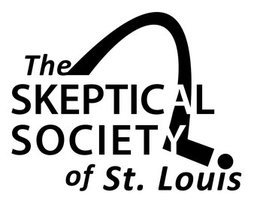The term “skeptic” is derived from Greek and originally meant inquiry and doubt. In modern vernacular, “skeptic” means “a person inclined to question or doubt all accepted opinions.” It is often a pejorative term to indicate someone who is closed-minded.
The Skeptical Movement uses the label “skeptic” to associate itself with Scientific Skepticism promoted by Carl Sagan and to distinguish itself from philosophical skepticism or cynicism.
Dr. Steven Novella, host of The Skeptics Guide to the Universe podcast, describes a Skeptic as:
A skeptic is one who prefers beliefs and conclusions that are reliable and valid to ones that are comforting or convenient, and therefore rigorously and openly applies the methods of science and reason to all empirical claims, especially their own. A skeptic provisionally proportions acceptance of any claim to valid logic and a fair and thorough assessment of available evidence, and studies the pitfalls of human reason and the mechanisms of deception so as to avoid being deceived by others or themselves. Skepticism values method over any particular conclusion.
For a full discussion of the term “skeptic” presented by Dr. Steven Novella, view his blog post in Skepticblog.
